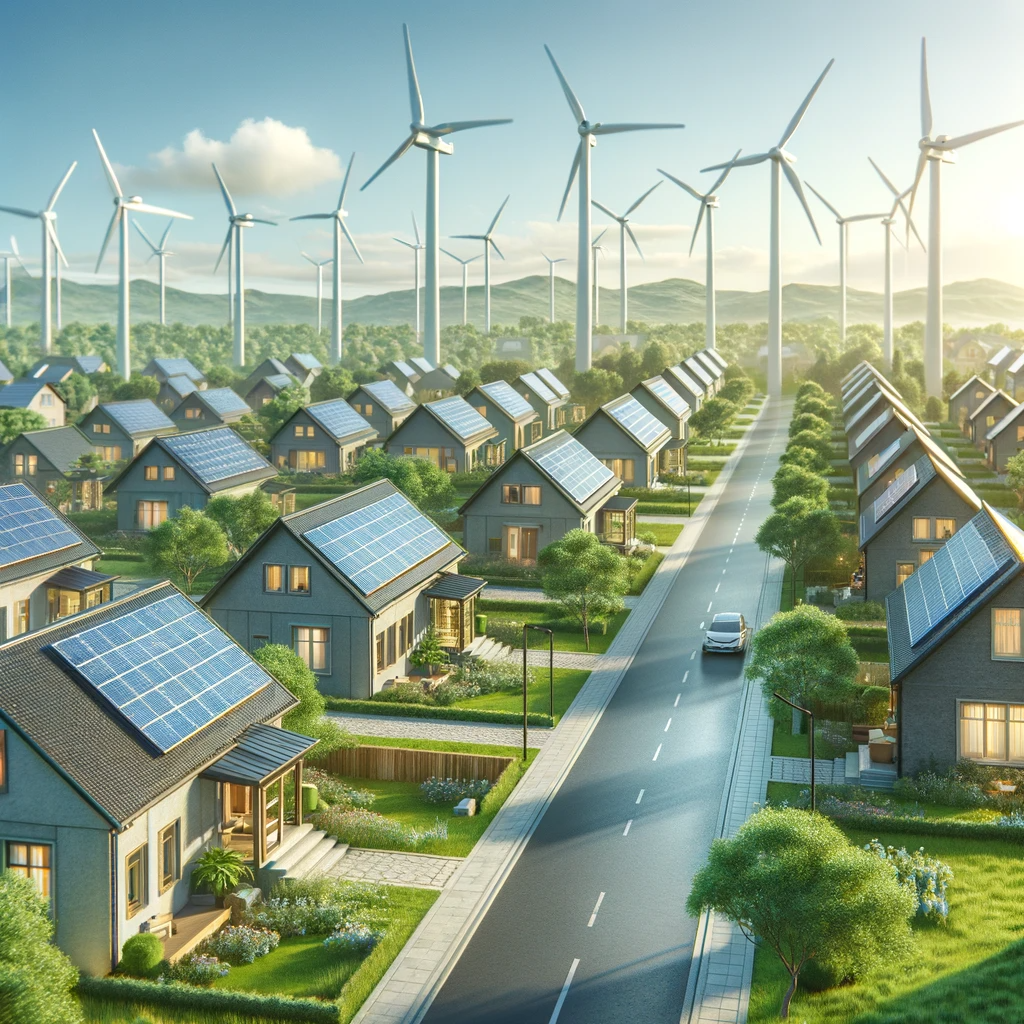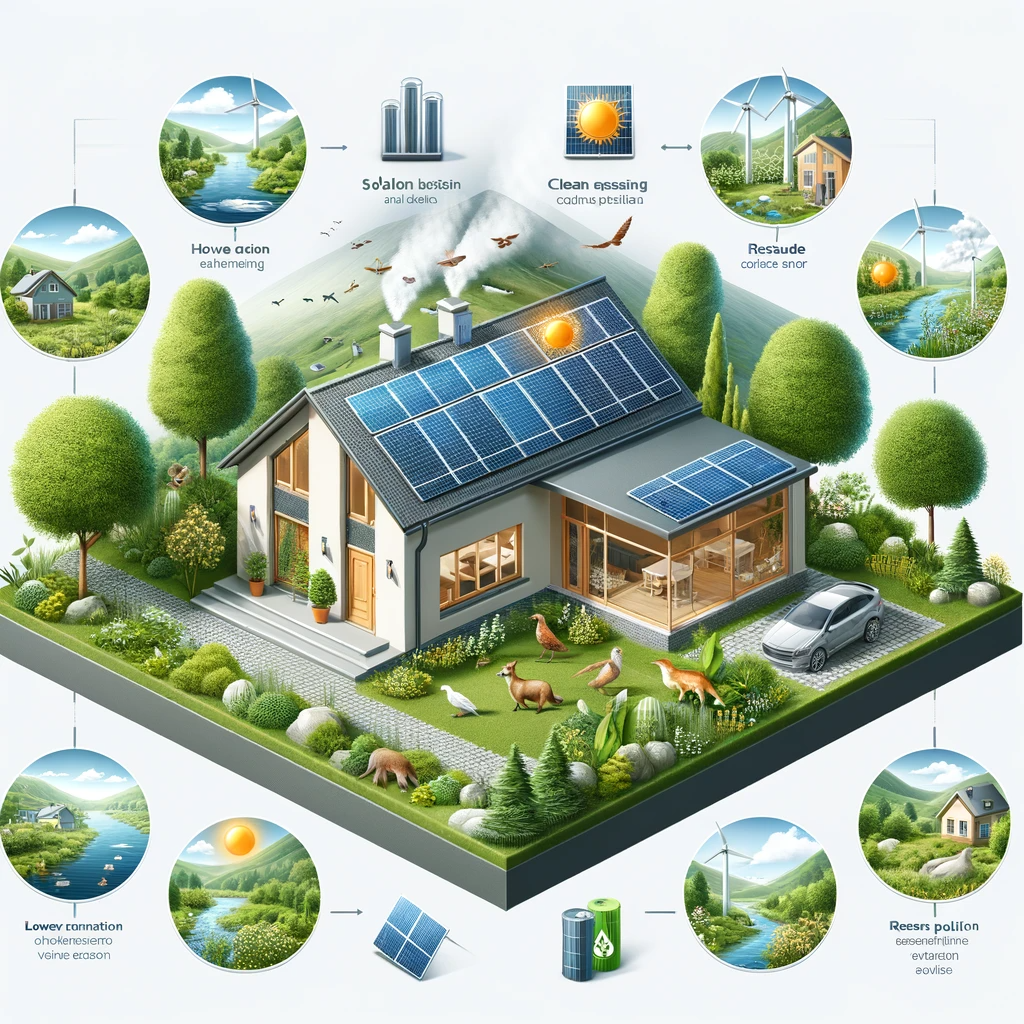Is Residential Solar Power Economically Viable in 2024?
 Dec 14,2023
Dec 14,2023

 Basen
Basen
Introduction: A Bright Future or a Cloudy Horizon?

As we stride into 2024, the question on many environmentally conscious homeowners' minds is: Does investing in solar power for residential purposes make economic sense? This blog explores various facets of this question, considering recent technological advancements, government incentives, and evolving energy costs.
- Technological Advancements
The solar industry has seen rapid technological improvements. Panels are more efficient, have longer lifespans, and are increasingly more affordable. The advent of batteries like Hoppt Battery has revolutionized energy storage, allowing for more effective use of solar power, even when the sun isn't shining. - Government Incentives and Policies
Many governments worldwide offer incentives for solar panel installation, including tax credits, rebates, and grants. These incentives significantly reduce the initial investment cost and shorten the payback period, making solar power a more attractive financial proposition. - Decreasing Costs and Increasing Efficiency
The cost of solar panels has plummeted over the last decade while their efficiency has risen. This means you can get more power for less money, enhancing the financial feasibility of solar installations. - Rising Electricity Prices
With the global rise in electricity prices, the ability to generate your own power can lead to substantial savings. Solar power shields homeowners from the volatility of traditional energy markets. - Solar as a Long-Term Investment
While the upfront cost can be substantial, solar power systems have long lifespans, often exceeding 25 years. The long-term savings on electricity bills can significantly offset the initial investment. - Home Value Appreciation
Homes equipped with solar power systems have been shown to increase in value. This not only makes solar power a wise investment for your current energy needs but also enhances your home’s market value. - Environmental Impact
While not directly an economic consideration, the environmental benefits of solar power contribute to a broader societal shift towards renewable energy, which can lead to more supportive policies and incentives in the future.

Conclusion: Weighing the Pros and Cons
In 2024, the economic viability of residential solar power is influenced by multiple factors, including technological advancements, government incentives, and personal energy needs. While the initial investment is still significant, the long-term savings, increased property value, and environmental benefits present a compelling case. As with any significant investment, it’s crucial to conduct thorough research and consider your unique situation before making a decision.
Disclaimer: The information provided in this blog is for educational purposes only. Please consult with a professional for specific advice and the latest updates in the solar power industry.








 HOME
HOME The Ultimate Guide to Cleaning and Maintaining Your Solar Panels
The Ultimate Guide to Cleaning and Maintaining Your Solar Panels  You May Also Like
You May Also Like

 Tel
Tel
 Email
Email
 Address
Address